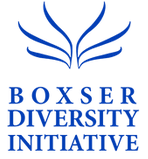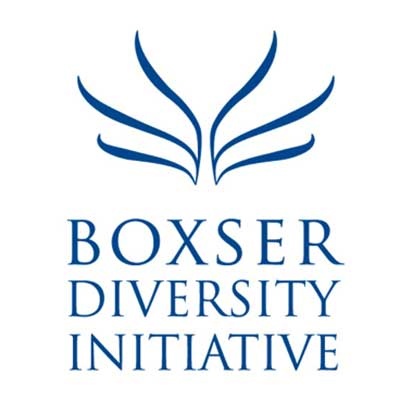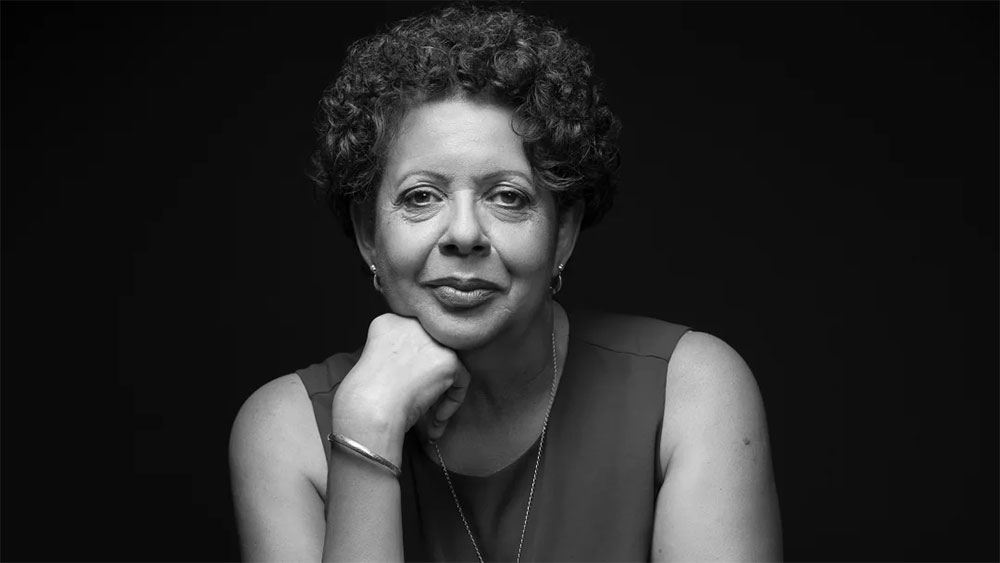Rosa Grillo currently serves on the Manasota Remembers Lynching Memorial Marker Dedication Committee. She shares about growing up with Cuban roots in Washington, D.C. and her family’s community photos and history that are featured in the Smithsonian’s National Museum of the American Latino’s exhibit.
Rosa Grillo’s career as a community engagement and marketing executive consulting with nonprofits and arts institutions on social innovation, diversity and inclusion is rooted in a rich family history.
Grillo grew up with Cuban roots in Washington, D.C., where her parents settled in a Latino community close to Howard University, which her father attended before earning his law degree at American University’s Washington College of Law. Grillo’s father moved north after spending his childhood in Tampa with his siblings, including his brother, Rosa’s uncle Evelio Grillo, who wrote the seminal memoir Black Cuban, Black American. That book became an influential reflection on how segregation affected Black Americans during World War II, as well as life as Evelio experienced it through community, family and the wider world. In addition to being a writer, Evelio was a community organizer and a public advocate for civil rights.
More recently, Grillo’s family and community photos and history are featured in the Smithsonian’s National Museum of the American Latino’s new exhibit, ¡Presente!: A Latino History of the United States, shown in the Molina Family Latino Gallery of the National Museum of American History.
“These are historical documents, essentially,” says Ranald Woodaman, the exhibitions director at the National Museum of the American Latino. “When people ask, ‘How was D.C.’s Latino community created?,’ some people might say, ‘This community didn’t start until the late ‘70s, when Salvadorans were fleeing civil war.’ Older origins for the community were more hearsay before meeting Rosa. Her family photos show that, actually, we need to look earlier to World War II when we had migrants from Florida with Caribbean backgrounds. Now we can show how one family is connected to another family in D.C.—proof that the Latino community in D.C. had a different origin.”
The museum exhibit reveals, not only the history of Latin contributions to American history but also the way that this culture loved, lived and celebrated, seemingly on the margins and yet at the very center of American life. “We gave a tour to Rosa’s extended family,” says Woodaman. “It was an emotional experience for all of us because it was like, ‘We’re being seen. We’re not just part of history, but we’re a vehicle for people to have an understanding of not only the Cuban American experience but also American history as a whole.’”
With a family experience and history crossing many cultural divides, Grillo’s interest in diversity bloomed into a focus on Equal Employment Opportunity awareness and cross-cultural awareness. She is the principal consultant for Grillo Strategies, a management consultant firm specializing in marketing strategies, multicultural campaigns and solutions, corporate identity, media relations and public awareness campaigns. In 2020, Grillo moved to Sarasota, where she served as the public relations and marketing manager at The Ringling and has been involved in the Howard Club and ASALH, the Association for the Study of African American Life and History. She recently spoke with Sarasota Magazine about her life and career. This interview has been condensed and edited for clarity.
You can continue reading the full article on Sarasota Magazine, where it was originally published and written by Bethany Ritz on May 4, 2023.


